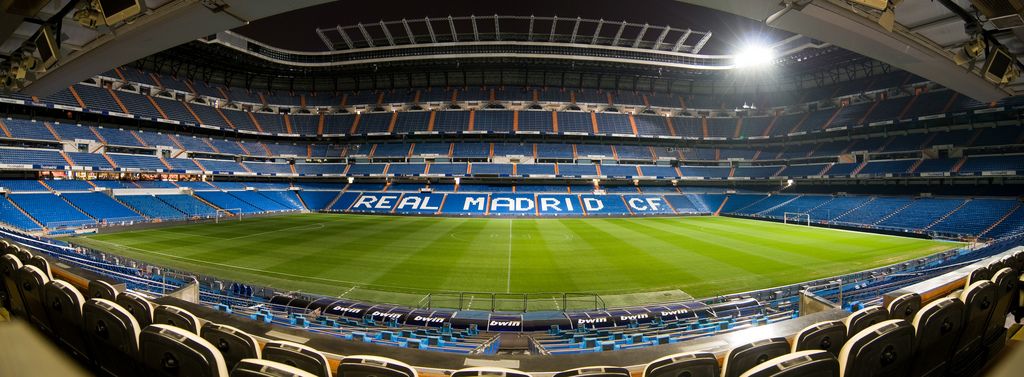By James Hall, third year Law student
Real Madrid president Florentino Perez has insisted that the club will not follow Barcelona in playing a league fixture in the United States.
The news comes as another significant setback to La Liga boss Javier Tebas, whose 15-year deal with US company Relevant to ship Spain’s top division across the Atlantic has been marred by controversy. Last week the Spanish Players’ Association announced that it too would oppose the planned Girona-Barcelona fixture set to be played in Miami next January and stated that it could not rule out strike action if demands were not met.
The union joins a growing list of opponents that also includes the Spanish Soccer Federation, which three days prior cited TV broadcasting contracts as a major factor in their decision to withhold approval for the proposal.
"We won't go to the United States."
— BBC Sport (@BBCSport) September 23, 2018
Real Madrid president Florentino Perez has "outright rejected" La Liga's plans for a game in the USA.
More: https://t.co/zTzaJmVolJ pic.twitter.com/7nmLzHNdE8
Whilst refusing to condemn the fixture outright, FIFA’s Gianni Infantino likewise expressed uncertainty at the idea, suggesting that 'teams should play a home match at home, not in a foreign country'.
Though admirers of the proposal claim that such a fixture is likely to provide significant financial incentives to both the league and its clubs, La Liga will doubtless have to balance them against the interests of fans. Scores of supporters expressed their outrage at the eye-watering ticket prices for last-year’s friendly staging of El Clasico, where the cheapest seats in Miami’s Hard Rock Stadium went for upwards of 300 dollars, enough to buy a season ticket at most Spanish clubs.
In case you missed it, El Clásico Miami was nominated for Sports Event of the Year by @sbjsbd! pic.twitter.com/q9LYVQWcEi
— Hard Rock Stadium (@HardRockStadium) March 27, 2018
Using players as bargaining chips is nothing new in football, especially where international TV rights are concerned, despite comments to the contrary from several prominent players. Similar concerns were raised in England following the Premier League’s pitch to play a thirty-ninth fixture abroad. Previously thought to be in its death throes, the idea resurfaced following the success of the Relevant-hosted International Champions Cup, a tournament enabling non-domestic fans to watch their idols in person.
Executive chairman Charlie Stillitano last season pointed to the Glazer family, owners of Manchester United and NFL side Tampa Bay Buccaneers as potential supporters before referring to the success of a similar system whereby American football teams spend close to 'half a season in England'.
"I would bet $10,000 that the game will take place," says La Liga president Javier Tebas of a proposal to take a Spanish league game to the US: https://t.co/DQJb9JEd79 pic.twitter.com/ZNVkr5uoyC
— CNN Sport (@cnnsport) October 5, 2018
Whether a parallel plan would translate to the English game remains to be seen. Certainly, one could argue either way. Manchester United’s 2014 friendly with Real Madrid attracted a record crowd of close to 110,000, a figure higher than both participants’ home stadiums. This led many executives, including the Premier League’s Richard Scudamore, to take a 'build it and they will come' approach to the beautiful game.
Others, numbering the likes of The Guardian’s Ed Aarons, cite Scudamore’s imminent departure as the final nail in the coffin for the exporting of domestic football. It certainly helps Aaron’s claim that the other heads of the league appear content to expand remotely through TV deals – figures in the hundreds of millions have been bandied about for the best part of five years and show little signs of stopping. The beautiful game, for all its traditions, is open to adaptation, but it remains to be seen at which price it can be procured.
Featured image: Flickr/ Camilo Rueda Lopez
What are your thoughts on these highly controversial proposals for the future of European football? Let us know!









